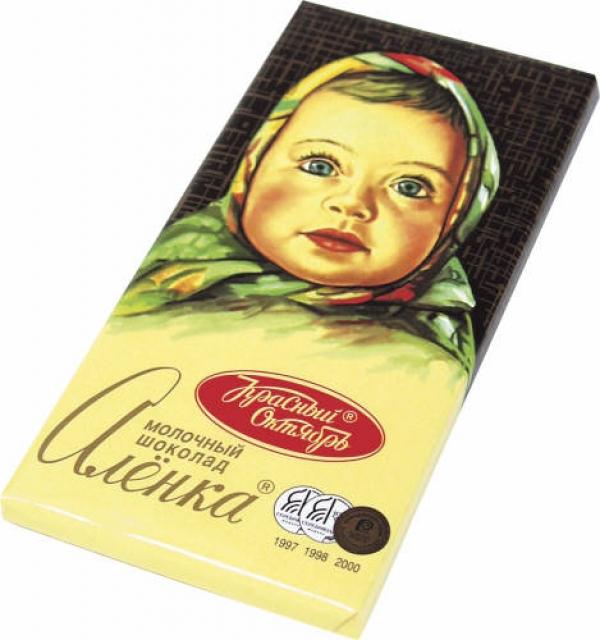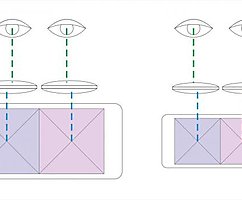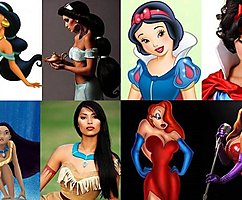Brands imprinted on the brain of children
 Bashny.Net
Bashny.Net

Andrew Ellis and his colleagues studied the theory of the "age of perception", claiming that its psychological effect can be applied to the "promotion" of brands.
The researchers found that study participants to quickly recognize brands that were known to them from an early age. The experiment was conducted as follows: respondents were presented a number of real and fictional brands, of which they had to choose the real thing, and as soon as possible.
It turned out that if the brand has been known to man since birth, he identify it much faster than if he found him at the age of five years or more.
The second test showed that the participants in the study provides more information about the products of the brands with which they were familiar with the earliest age.
These findings are similar to the results of studies of classical theory of the "age of perception", where people were much more adept at handling words, they faced at the very beginning of life. One alternative findings is the fact that the words (presumably brands also), known from birth, receive a "life-long advantage" processing by the brain.
The final experiment Ellis, was perhaps the most striking. In this case, the most senior participants, aged 50 to 83 years, and will recognize the early brands than new, modern, even if these brands have long existed.
In conjunction with the preliminary study, we can conclude that people feel more comfortable in the processing of more than simple words and images, this phenomenon is called "the effect of ownership", ie control of the situation. Ellis and his colleagues said their findings characterize the conditions of success of the brand. Evidence suggests that the mere exposure of brands in early childhood make them more recognizable as an adult, that will remain until old age.
Tags
See also
The benefits of Dolphin therapy
10 positive properties of anger
Maturity has nothing to do with age
To say NO and still several ways to teach children the value of money
The concussion in children — first aid
The mysteries of our brain—interesting facts
The genetic imprint of childhood man carries a lifetime
Facts about mirrors
100 interesting facts from the history of the USSR and Russia

















